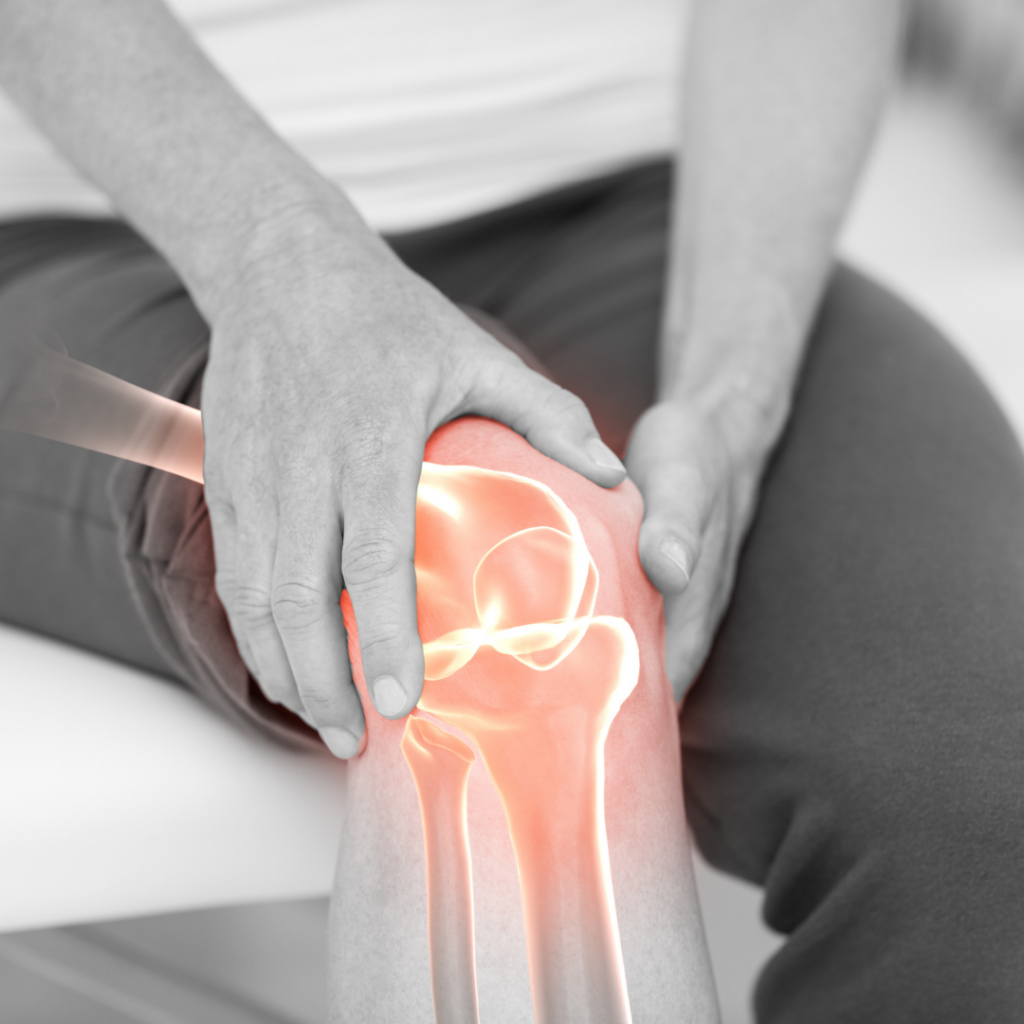Whenever we find ourselves injured, no matter the severity, we often wish there is something to use that can magically make the injury go away immediately. While there is, of course, no such thing, something similar to it, something that can be injected into the body does exist. However, it has yet to be proven to work efficiently in medical environments, its time of official approval is uncertain. Regardless, it shows promise. This potentially revolutionary healing tool is known as a PRP injection or Platelet-Rich Plasma injection.
Plasma is what is in our blood and helps it function as it flows throughout our body and contains proteins that help our cells grow and overall thrive. Platelets are also in our blood that helps treat bleeding both internally and externally. When isolating both blood components and placing them in syringes, you essentially have the bulk of PRP. Dines Orthopedic, Orthopedic Doctor Garden City is always here to help with whatever ailments afflict you and will determine whether or not PRP injections are right for you.
Before we dive into how they can help us, it is important to know other facts about PRP injections now and in the future.
How Exactly Would The PRP Injection Experience Be Like?
Depending on where the injury lies and where the PRP is to be injected, varying amounts of blood will be sampled from you by your medical provider. A doctor may apply lidocaine solution to the scalp to prevent any discomfort in certain scenarios, as lidocaine helps numb any pain during the injection. The blood sample is placed into a centrifuge, which is essentially a complex blender that separates the material of the blood, usually taking about fifteen minutes.
Then, a technologist will take the plasma separated from the blood and prepare it into a syringe for injection. Meanwhile, your medical provider will utilize ultrasound or other imaging methods to determine which part of the body would work best to treat the injury and for injection. By the time the injection occurs, about an hour will have passed.
Are PRP injections common? If so, are they safe?
PRP injections have never been definitively approved and have yet to be approved by the Food & Drug Association. Studies have been done in the past to determine its efficiency, but nothing conclusive has occurred over the years. That being said, PRP has been successful with helping patients in the past. Though it is rare for your medical provider to administer it, at least at this time. PRP injections are by no means common, though they are largely considered to be safe. What may complicate things are the potential side effects that come with PRP injections, including but not limited to:
- Tissue damage
- Pain where the injection took place

- Nerve injuries
- Infection
All of these, of course, must be talked through between you and the medical provider administering the injection.
What Can PRP Injections Do For Me?
PRP injections are believed to help dramatically heal damaged tissue promptly. Injecting the combination of platelets and plasma, which are two major healing components of the blood, will create new healthy cells. This will greatly help with healing the injury. PRP injections are widely believed to treat many ailments that afflict us both regularly and those that come with age. These include:
- Hair Loss
- Tendon Injuries
- Acute Injuries (muscle sprains, other injuries sports-related)
- Post-surgical Repair
- And much more
Doctors have been administering PRP injections to promote hair growth and hair loss; the lidocaine mentioned above solution on the scalp is easily applicable here. However, PRP injections have been proven to help with other medical conditions relating to the scalp. A past study in 2014 proves that PRP injections can be used to treat what is known as male pattern baldness, which is majorly responsible for hair loss.
Tendon injuries have responded favorably to PRP injections, making these an ideal PRP candidate, as tendon injuries such as tennis elbow are usually slow to heal normally. PRP injections also further heal ligaments or other tendons post-surgery. Dines Orthopedic, Orthopedic Doctor Garden City is here to help whatever injury has afflicted you, whether through injections or other means of efficient healing.
The knee is a major talking point regarding PRP injections, as it has been debated whether or not it is effective. Small studies have shown that it works against ailments such as Osteoarthritis, though no studies have definitively proven it works across the general public as of yet.
Contact Our Orthopedic Doctor Garden City Today
Dines Orthopedic, Orthopedic Doctor Garden City is here for whatever PRP-related questions you may have, or of course, whatever injuries affect you, as we will do whatever we can to help you, PRP-related or not. Contact us today; we are located in Midtown Manhattan and Uniondale, Long Island.

